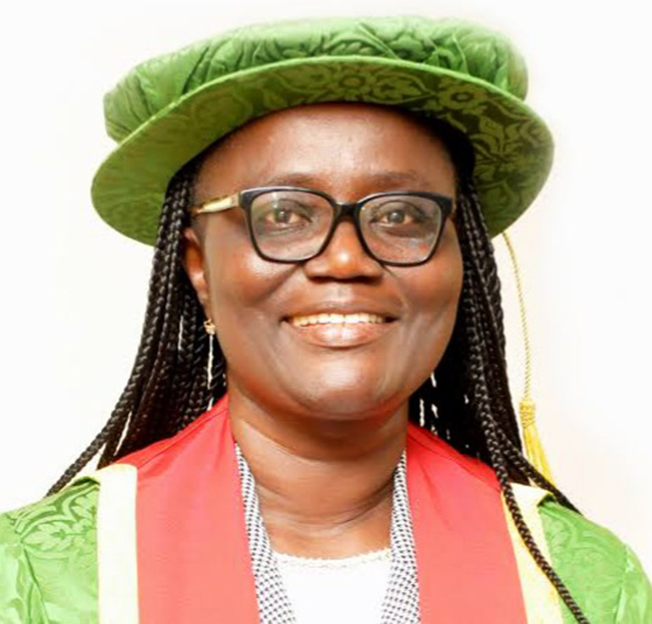The Kwame Nkrumah University of Science and Technology (KNUST) has been ranked the leading institution worldwide in the provision of quality education, in line with Sustainable Development Goal 4.
Sustainable Development Goal 4 is about ensuring inclusive and equitable quality education and promoting lifelong learning opportunities for all, as established by the United Nations in September 2015 among the 17 Sustainable Development Goals.
KNUST’s recognition was announced in the 2023 Times Higher Education (THE) Impact ranking in June 2023.
The ranking by THE was based on impartial assessment across four vital domains in research, stewardship, outreach and teaching having considered 1,591 universities from 112 countries with KNUST securing the topmost position with 93.1.
In 2022, KNUST secured the 14th position in the world and the top ranked university in Africa.
Prof. (Mrs.) Rita Akosua Dickson, Vice Chancellor of KNUST, who mentioned these details during an interaction with media practitioners in Kumasi, assured that KNUST would strive to remain the trailblazer in the pursuit of educational excellence worldwide.
She disclosed that KNUST, with a total student population of 89,047 – including 35,354 females (40%), employs a total of 8,083 members of staff with 73.7% being males.
The VC said a total of 26,733 students were admitted for the 2022/2023 academic year into various programmes offered by the University.
She said about 58.1% of the total enrolment are pursuing Science, Technology, Engineering and Maths (STEM) related programmes with 44.5% being females.
Professor Rita Dickson also announced that KNUST is currently running 599 programmes, 452 being postgraduate programmes while 147 represent undergraduate programmes.
According to the VC, a significant percent of the programmes are at the various stages of cyclical reaccreditation process with the Ghana Tertiary Educational Commission (GTEC).
She explained that programmes have three years to be reaccredited for new programmes and five years for old programmes.
She reiterated a suggestion that the duration for reaccreditation be extended to 10 years to provide enough time for universities and the GTEC to satisfy the legal obligations of ensuring that all programmes are accredited on time.
Prof. Rita Akosua Dickson assured that KNUST would continue to work with GTEC to ensure that all programmes are duly accredited.








